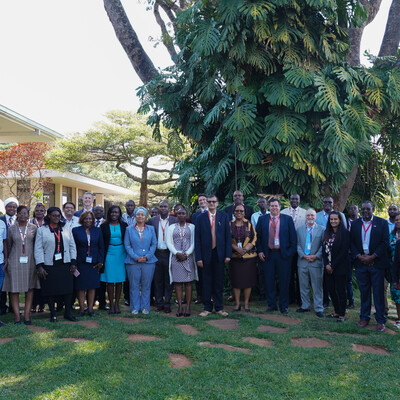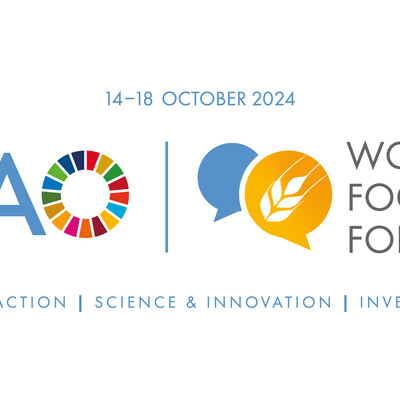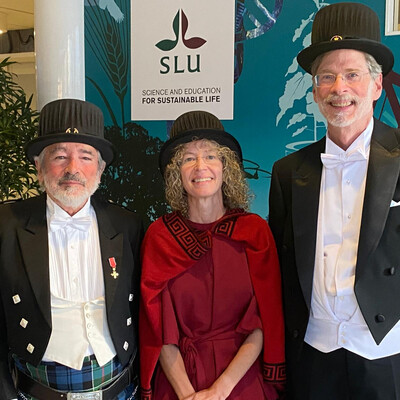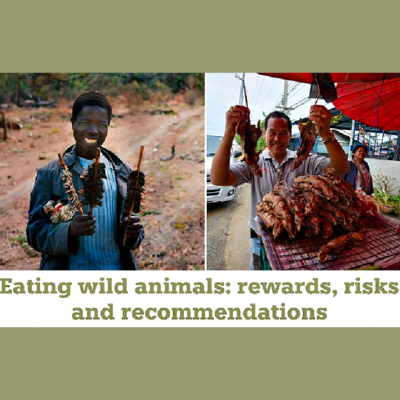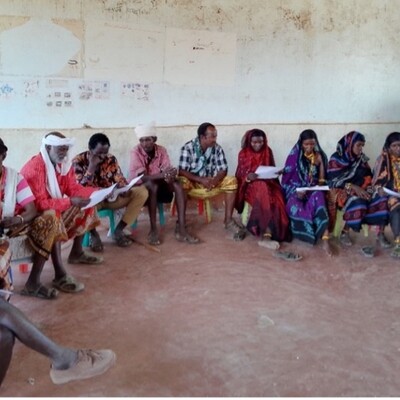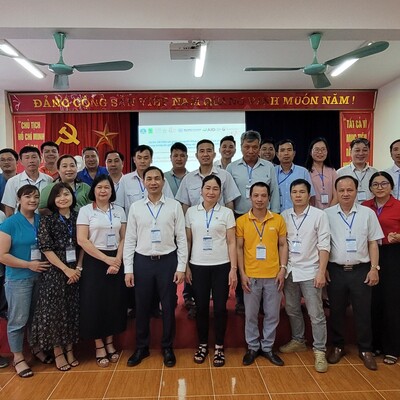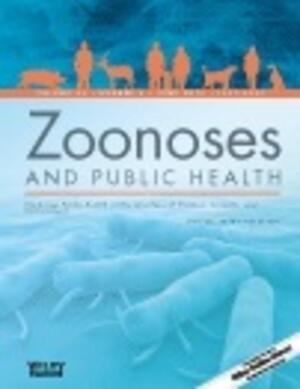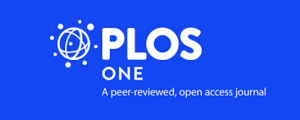
Lessons from One Health/EcoHealth in Asia presented at global conference in Italy
A recent global conference brought together human and animal health experts to explore how EcoHealth and One Health approaches are being evaluated and implemented in practice in different parts of the world, learn about changes in institutional and regulatory structures and how to promote One Health in the translation of science into practice.
The ‘Creating Impact for One Health and EcoHealth: advancements in implementation, evaluation and governance’ conference in Bologna, Italy, 10-12 September 2018, drew more than 100 participants from five continents.
The event was part of ongoing series on One Health evaluation, capacity development, stakeholder engagement and working group meetings that have been hosted by the Network for Evaluation of One Health (NEOH) over the past three and half years. The conference is a contributor to enabling qualitative and quantitative evaluation of One Health and related integrated approaches to health globally.

Participants gather at the conference to find sustainable and ethical solutions to global health challenges (photo credit: NEOH).
At the conference, Hung Nguyen, the International Livestock Research Institute (ILRI) regional representative for East and Southeast Asia, gave a presentation reflecting on the use of One Health and EcoHealth in Asia to the participants who were mostly NEOH’s members representing a wide range of disciplines, sectors and organizations.
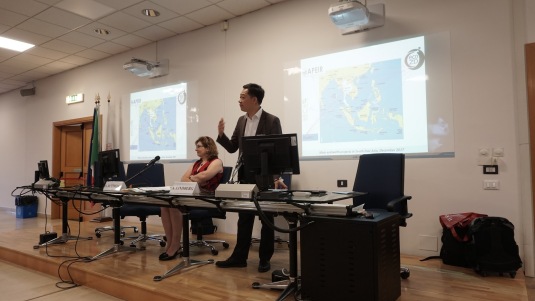
Hung Nguyen makes a presentation reflecting One Health and EcoHealth in Asia (photo credit: NEOH)
Nguyen said One Health is a useful paradigm for framing complex public health issues globally, especially in Asia, which is a hot spot of emerging infectious diseases, specifically for zoonotic and vector-borne diseases, which pose numerous health risks to the continent’s booming population, reduce economic growth, devastate the environment, and affect agricultural and livestock production.
Nguyen highlighted key One Health projects that have been implemented in Asia to address food-borne diseases in Vietnam, Laos and Cambodia and antimicrobial resistance in India.
He underlined how One Health capacity development has been developed through the Southeast Asia One Health University Network (SEAOHUN) that links and empowers 67 universities to generate intellectual and social capital across human, animal and environmental health sectors. He also shared the model of Vietnam’s One Health Partnership (OHP) which has reaped much success in boosting One Health activities in the country. Similar One Health structures are now being set up in other Southeast Asia countries with variable levels of efforts and commitments.
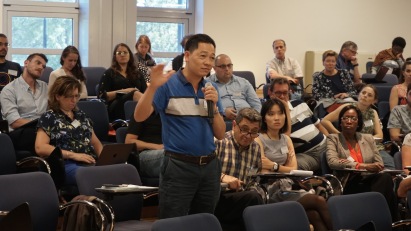
Hung Nguyen at the plenary discussion at the conference (photo credit: NEOH).
Despite these achievements, Nguyen pointed out that barriers to One Health activities in the region still remain. Although some EcoHealth projects in Southeast Asia have been financially supported by the World Health Organization (WHO) and the Swiss Agency for Development and Cooperation (SDC), major EcoHealth projects on emerging infectious diseases (EIDs) and zoonotic emerging infectious diseases (ZEIDs) have primarily been funded by the International Development Research Centre (IDRC). He said this limited funding risked the sustainability of One Health activities in the region in case One Health fell off IDRC’s agenda.
Moreover, enthusiasm for EcoHealth has been highest among veterinarians, environmentalists and medical sociologists who are the most marginalized in the arena of human health.
He cautioned that wider implementation of One Health approaches in the region will need to be supported more policy changes, capacity development in One Health and greater inclusion and coordination between the health, agricultural and environmental sectors.
Representatives from Africa, Europe, North and Latin America, and Oceania also made presentations at the conference which gave participants a panorama of One Health and EcoHealth activities globally.
NEOH is a global platform that brings together more than 200 members from 30 countries representing a wide range of disciplines, sectors and organizations with the aim of enabling future quantitative evaluations of One Health activities and furthering the evidence base by developing and applying a science-based evaluation protocol in a community of experts.
See the presentation by Hung Nguyen here.
See the summary of the 2 day conference with presentation slides linked






